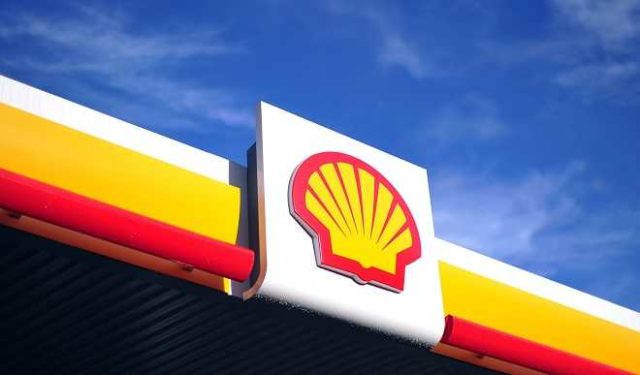Royal Dutch Shell plc (Shell) today announced a target to maintain methane emissions intensity below 0.2% by 2025. This target covers all oil and gas assets for which Shell is the operator.
“This methane target complements Shell’s ambition to cut the Net Carbon Footprint of our energy products by around half by 2050, which we announced in November 2017,” said Maarten Wetselaar, Shell’s Integrated Gas & New Energies Director. “It is a further demonstration of our continued focus on tackling greenhouse gas emissions. Such efforts are a critical part of Shell’s strategy to thrive during the global energy transition by providing more and cleaner energy.”
To maintain this methane target, Shell is implementing programmes, including using infrared cameras to scan for methane emissions, deploying advanced technology to repair leaks, and replacing high-bleed pneumatically-operated controllers with low emission alternatives.
Shell recognises that there remains uncertainty with measuring methane emissions. “This is an industry wide issue and we need to fix this fast,” said Mr Wetselaar. “We must get a much more accurate understanding of how much we are emitting.”
The target for methane – which has a higher impact on global warming than carbon dioxide when released into the atmosphere – will be measured against a baseline Shell leak rate, which is currently estimated to range from 0.01% to 0.8% across the company’s oil and gas assets.
“Methane is a potent greenhouse gas, but it has a relatively short lifetime in the atmosphere. That means reducing methane emissions brings immediate climate benefits, buying some time while we work out longer term solutions,” said Mark Radka, Head of UN Environment’s Energy and Climate Branch. “This commitment by Shell is encouraging in itself but also because of the signals it sends to the rest of the industry.”
Shell is involved in a broad range of initiatives focused on reducing the emissions intensity of methane throughout the full supply chain – from production to the final consumer. For example, in 2017, Shell brought together industry, international institutions, non-governmental organisations and academics to develop a set of Methane Guiding Principles [ http://www.enews.shell.com/1apsqwk11r41c0bi6fp17b?email=true&a=5&p=53880554&t=18064964 ], which focus on continually working to reduce emissions of methane throughout the gas industry and have now been signed by 16 companies.
Shell has been an active member of the World Bank-sponsored Global Gas Flaring Reduction partnership since 2002. As part of the partnership, the World Bank has developed the Zero Routine Flaring by 2030 initiative, which Shell signed in 2015. This encourages governments, companies and development organisations to work together to end flaring














